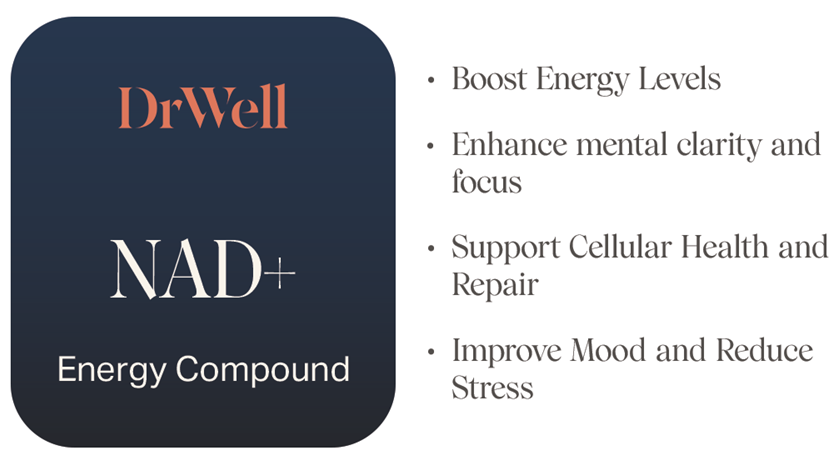
Leads are the lifeblood of any business and healthcare, it’s a business folks, is no different. In the old days, when competition wasn’t as fierce, practices and healthcare facilities could passively rely on referrals from other doctors to build their business. Now practices must cut through the competitive noise and proactively generate leads from multiple channels: social media, networking events, seminars, print, TV, radio, etc. But no matter the source, you still want high quality leads.
The first three hurdles in high quality lead generation
The first hurdle is, what’s the best way to capture the highest number of high quality leads? It’s a numbers game so more leads will turn into more patients. The second hurdle is ensuring that the practice is capturing accurate information, and thirdly, from the right consumer, ie the consumer that’s interested in the services your practice or facility provides. If you can get the correct contact info from the intended target audience, that’s a high quality lead.
High quality vs low quality
However, healthcare providers often misunderstand the difference between high vs low quality leads. While it’s understandable that as providers of elective (not emergent) services, we want every lead to come in and undergo treatment. Unfortunately, that’s not realistic. Just because someone doesn’t come in for treatment immediately after submitting their contact info doesn’t make them a low quality lead. Remember, it’s a sales funnel, not a sales sieve.
The reason it’s a sales funnel is because capturing and nurturing a lead is a process, ie moving the consumer through the funnel. It’s not an immediate, one-step transition analogous to a sieve. Once you have them in your sales funnel, it’s incumbent upon your front office staff to reach out and educate that high quality lead through your funnel until they come in for consultation and treatment.
A low quality lead on the other hand is someone with fake information. Or someone not genuinely interested in the services your office provides. A person who enters your sales funnel with real contact information and interest in your services but ultimately doesn’t receive those services from your practice is not a low quality lead. Maybe they liked something better about that other practice? If that’s the case, then it would be worthwhile determining what that ‘something’ is. Could you have better customer service? Should you buy a machine that does this, that and the other? Did they prefer the other provider’s personality? Was the other practice cheaper? Some of these issues can be overcome (improving customer service), others should not be (ie don’t compete on price).
The fourth hurdle in high quality lead generation
Even if we are successful at generating 1) many leads (name, email address, phone number), 2) with accurate information, 3) from the intended audience (shows interest in your practice’s services), this should be accomplished with the fewest marketing dollars. That’s the ultimate goal. The fourth hurdle in high quality lead generation is doing so without breaking the bank.
How to overcome the four hurdles of high quality lead generation
The trick to capturing high quality leads and overcoming all four hurdles is dangling a “carrot” of information in front of the consumer that they can’t do without. As mentioned in this article, offering someone an ebook in exchange for their contact info isn’t tantalizing enough to generate a huge number of leads.
The one thing all patients want to know ultimately, and what will generate the most leads, is how much the procedure or service is going to cost (addressing the first hurdle). A Price Estimator, similar to this one on Dr. Bradley Hubbard’s website, allows the consumer to check pricing but only after providing their contact info. And because the estimate is sent to their email address, the consumer has an incentive to enter a correct email address because otherwise they won’t see the estimate (overcoming the second hurdle). Because these consumers are on this doctor’s website checking pricing for the services they’re interested in, the third hurdle of capturing the intended audience is overcome.
And does a Price Estimator address the fourth hurdle? Most “experts” in the marketing field will tell you it costs $100 to $300 to capture a lead. According to Dr. Hubbard’s own research and data, his leads through the Price Estimator on his website cost $12.50 per lead!
Conclusion
Capturing a real person that has a genuine interest in the services your practice provides is a high quality lead, period! But understand that every lead won’t come in – that doesn’t make it a low quality lead. Find out why they didn’t come in and possibly address that issue. Ultimately, the more high quality leads you generate will result in more patients and more revenue. Just do it efficiently at the lowest cost possible.



